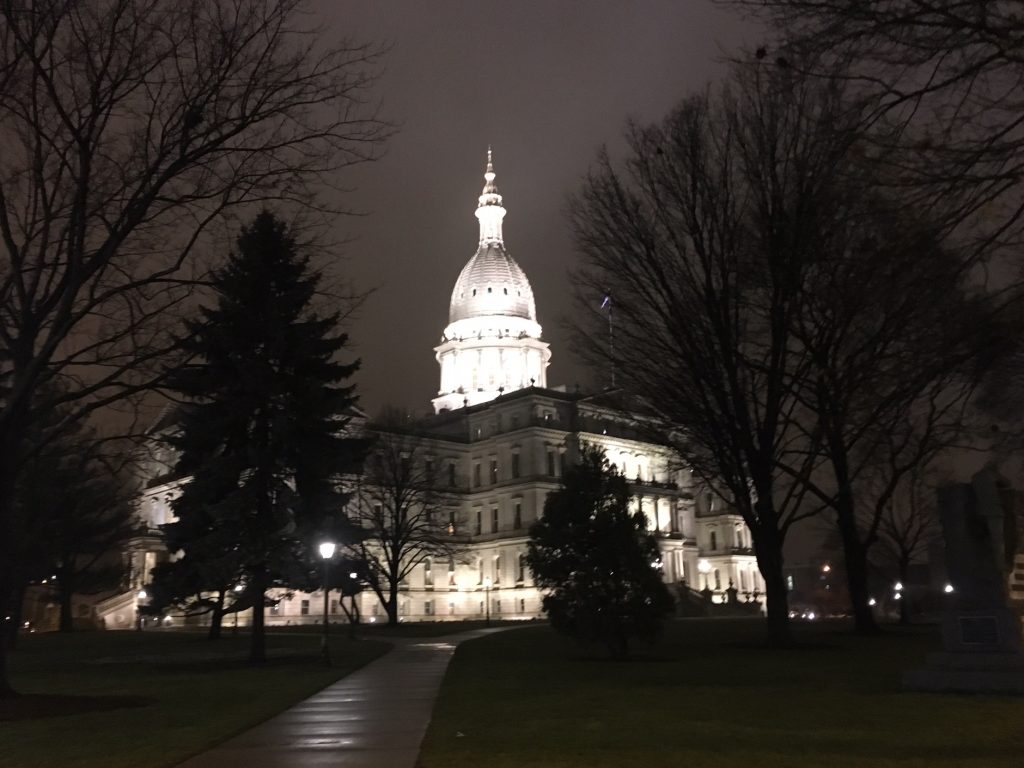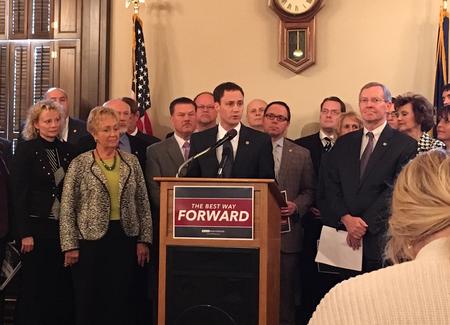Lawmakers Scrap Plan to Eliminate Income Tax — Reduction Still On The Table
A new version of the bill would gradually cut the tax from 4.25 percent to 3.9 percent.


Lawmakers in Lansing might not try to do away with the state income tax after all; but, they are still looking to reduce it.
A new version of the bill would gradually cut the tax from 4.25 percent to 3.9 percent.
Bill sponsor Rep. Lee Chatfield (R-Levering) says he is happy with the changes.
“Our goal all along has been to deliver on the promise made to the people back in 2007, and we think the legislation in its current form with the substitute accomplishes that goal,” he said.
Gov. Rick Snyder was critical of the legislation in its previous form.
“This is about what’s simple versus what’s complicated,” Chatfield said. “And we believe that the solution that’s put before us and what we currently have in the House achieves the simple goal of providing tax relief across the state.”
The previous version of the legislation called for a cut the current income tax rate of 4.25 percent to 3.9 percent. The income tax would then be gradually eliminated over 40 years.
But some Democrats are still unhappy with the legislation.
State Rep. Jon Hoadley (D-Kalamazoo) said he wants to see a clear plan to make up for the reduced revenue. Many critics of the legislation are concerned the hole in the general fund – which is where the income tax goes – will result in cuts to public programs like education and law enforcement.
“I need to see some real, some numbers to even have this for a conversation,” he said. “But right now it’s all political rhetoric and not actual solutions for people in Michigan.”
Snyder is also still expressing concerns over the tax cut. In a statement issued Tuesday after the amendment was adopted, Snyder said, “I appreciate that House leadership took seriously my concerns about the long-term impact of the proposal, but I still have a billion dollars worth of concerns because there has been no plan presented as to how this will affect residents and their communities statewide.”
